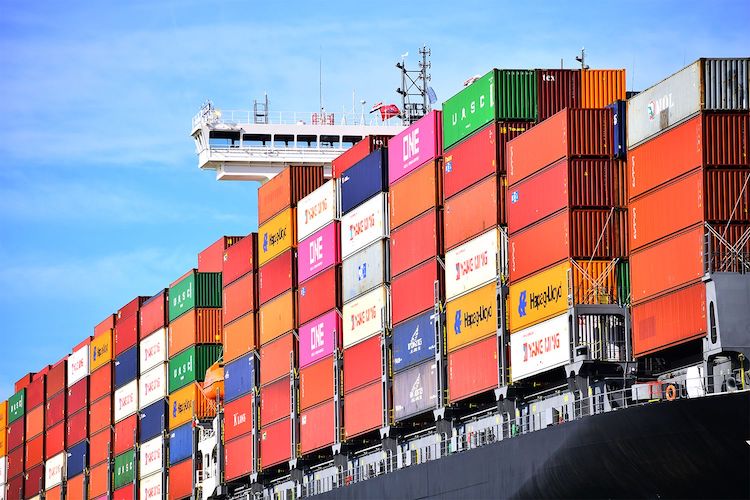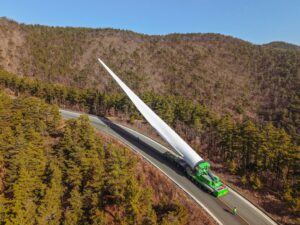Affected by the coronavirus pandemic, throughput in the port of Rotterdam amounted to 112.4 million tonnes in the first quarter, 9.3% down on the same period last year. Falling throughput was seen mainly in the coal, crude oil and oil products segments. There were also positive notes during the first quarter as the increase in the throughput of iron ore, biomass, LNG and other liquid bulk. In the meantime, major investment projects are continuing as planned. They include the construction of the Container Exchange Route, the Theemsweg Route and port infrastructure for the production location of smoothie-maker Innocent.
Allard Castelein, CEO of the Port of Rotterdam Authority: “We are facing unprecedented disruptions and the port of Rotterdam, as a vital process, intends to continue contributing to society. The impact of a decline in demand due to the corona crisis will become clear from April onwards. A 10 to 20% drop in throughput volume on an annual basis would seem to be very likely. This will depend on how long the measures remain in place and on how quickly production and world trade recover”.
In the container segment, capacity between Asia and Europe is being cut by approximately 25% in response to the reduction in demand for transport. This will also be clearly seen in the port of Rotterdam in the coming quarter. RoRo traffic is directly affected by a decline in economic activity in Europe and volumes will be significantly lower in this segment has long as the lockdown in various countries continues. The flow of iron ore and coal to the German steel industry will decrease in response to falling demand from the automotive and construction industries. The decline in the use of oil products for transport will reduce the need for crude oil supplies. However, volatility in the oil market can lead to higher trade flows.






